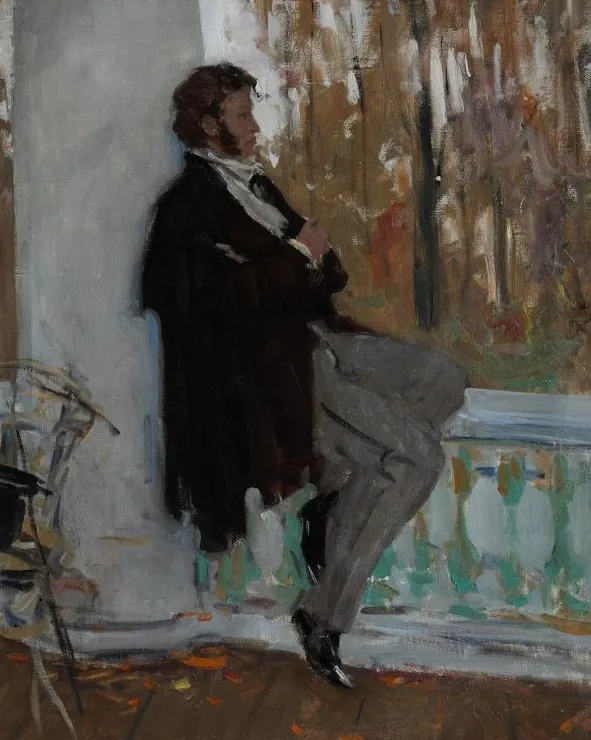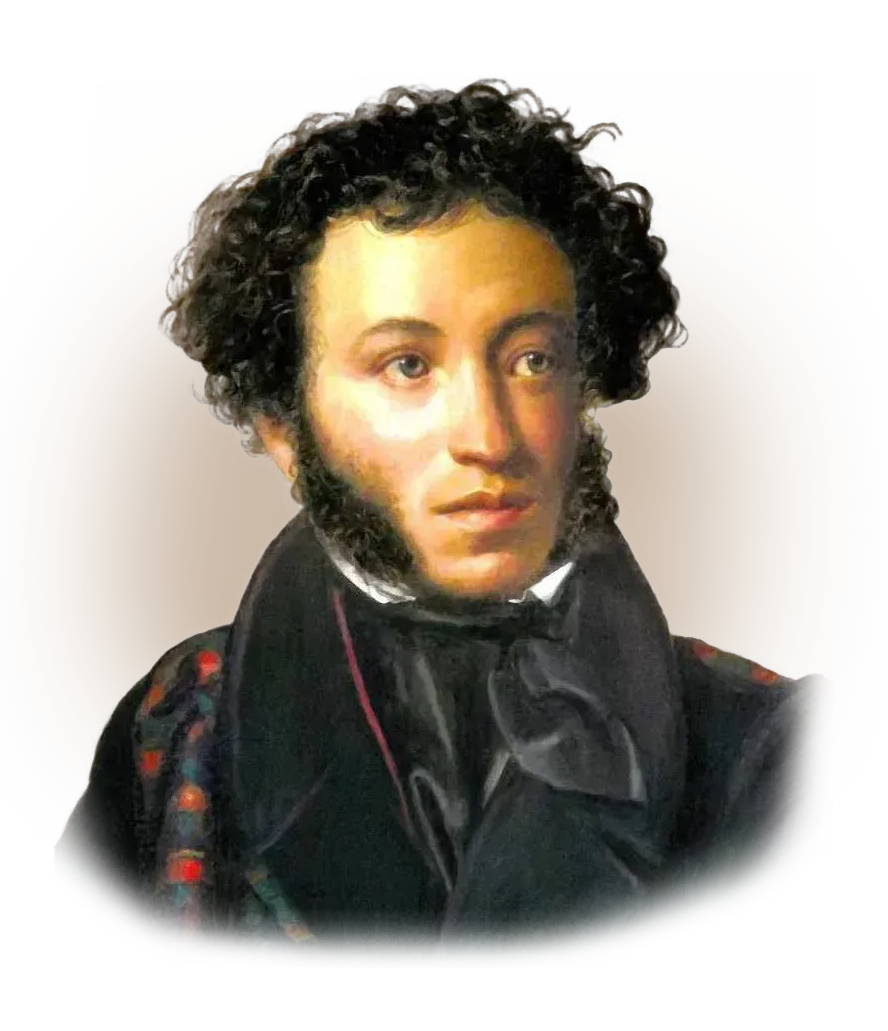
09.12.2022
If a man is a genius, he is sure to think deeply about the meaning of existence, the place of man in the world, good and evil, the mystery of life and death, etc.
That is, he immerses himself in philosophical reflections. Often the stimulus for this is a book he has read, or some event. When a person reflects on such themes, he is sure to form his view of the problem, his beliefs, his position.
So any genius has his philosophical views even if he is not a philosopher by profession. Alexander Sergeevich Pushkin had them, too. But what were they?
The education he received, contributed to his interest in philosophy. As you know, he studied at the most advanced educational institution of his time – the Tsarskoe Selo Lyceum. It was the highest level of teaching. Classes were taught by professors of university level. Philosophy and aesthetics were taught by A. Galich, one of the first Russian authors who wrote works on aesthetics. He placed an emphasis on German classical philosophy and introduced the lyceum students to the doctrines of Kant and especially Schelling, whose admirer he was.

The classical education of the time implied the compulsory study of Latin, reading ancient authors. Pushkin knew Greek and Roman philosophy, he was especially impressed by the teachings of the Hellenistic period. Such teachers as A. Kunitsyn, V. Malinovsky had a great influence on shaping the views of their students, telling them about civic duty, human rights, the value of freedom, etc.
The young Pushkin was ardently fond of the ideas of Epicurus. The moral philosophy of this thinker is very attractive, because it speaks of happiness as the meaning of life, that you can be happy just with the fact of being, without becoming a slave to excesses. In addition, Epicurus extolled friendship as the highest value. Epicurean views were close to Pushkin throughout his life. Conversely, he was critical of Cynicism, Stoicism, with their ideas of the absolute autonomy of the individual and contempt for the values of life. He was also uncomfortable with the submissiveness to fate that the Stoics cultivated.
A great influence on his personal and intellectual development had P.Ya.Chaadayev. The regiment in which he served, was stationed next to the Lyceum, and the officers communicated with the Lyceum students. Walking in the park, Pushkin and Chaadaev discussed many problems of a philosophical nature.
Chaadayev, in fact, is the first Russian philosopher who can be called a professional thinker. Although Pushkin was younger than him, there could be no attitude of condescension – the young man’s quick and deep mind struck Chaadayev. They communicated as equals, although Pushkin at first looked up to his older friend and absorbed his every word.
It is known that Chaadayev, thanks to his “Philosophical Letters,” has become an involuntary cause of the split of Russian social thought into Westerners and Slavophiles. He himself clearly expressed the ideas of Westernism.
Had Pushkin lived longer, perhaps he would have joined the Slavophiles, but hardly their extreme wing. Pushkin also recognized the enormous role of Europe in its development; it is not for nothing that he was so fond of Peter the Great, who with an iron hand tried to make Russia a European country.
But Pushkin was close to Slavophiles skeptical attitude towards rationalism of German classical philosophy. He considered doctrines of Hegel and Schelling too rational and cold. At the same time, knowing the French language to perfection, Pushkin knew perfectly well the French thinkers, whom he had read since childhood.
It is possible to say that Pushkin’s philosophical views changed over the years, but in general he remained committed to the approach that the world is contradictory and therefore harmonious, that a one-sided interpretation of anything impoverishes understanding. It is essentially a dialectical position.




